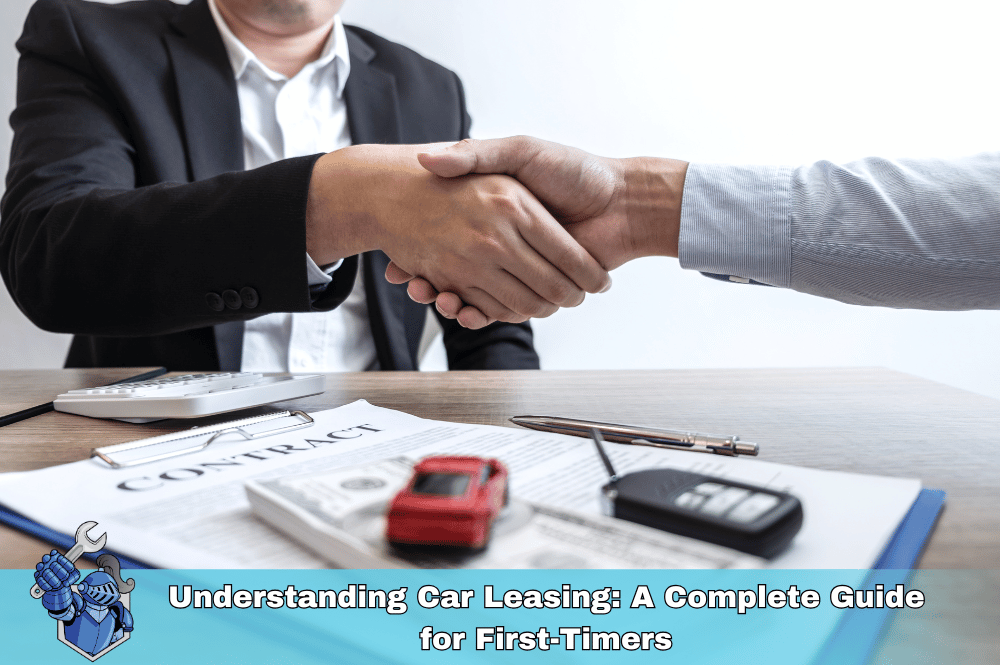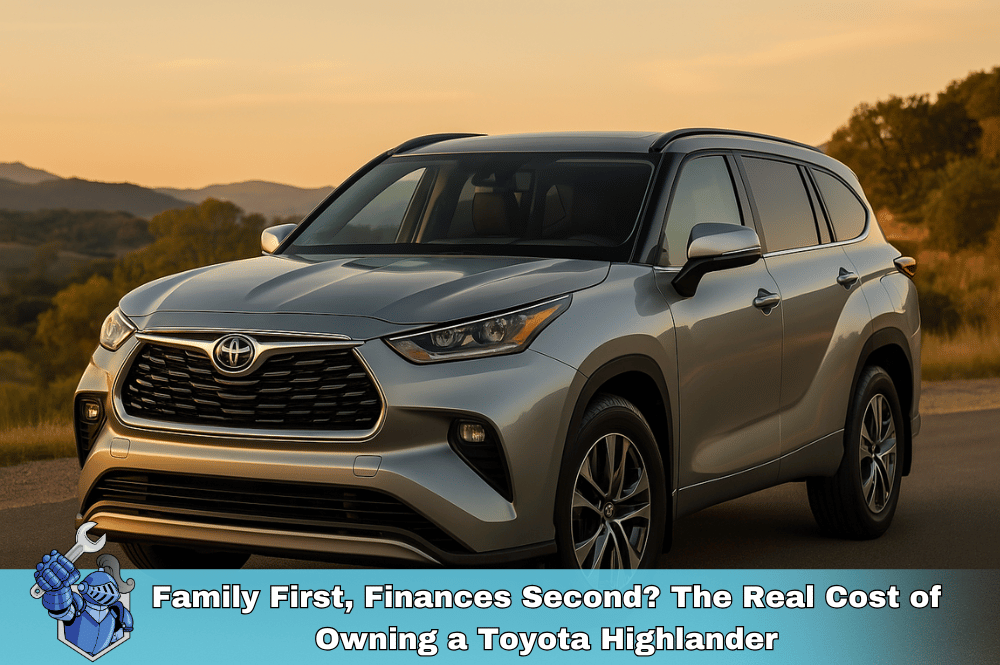When it comes to purchasing a vehicle, deciding between a car and a truck can be challenging. Trucks have a unique appeal with their rugged design, immense utility, and the freedom they represent. But is a truck right for you? Before you rush to the dealership, it’s important to weigh the pros and cons of owning a truck to ensure it's a suitable match for your lifestyle. Whether you're considering a truck for commuting, work, off-roading, or family use, here’s an in-depth look at what truck ownership involves, along with some essential keywords for optimizing your decision-making.
Pros of Owning a Truck
1. Impressive Utility and Versatility
A truck’s versatility is one of its biggest selling points. With large truck beds and significant payload capacities, trucks are ideal for hauling heavy loads, whether you’re moving furniture or transporting building materials. If you plan on towing a boat or trailer, trucks with high towing capacity are the perfect fit. Four-wheel drive (4WD) and all-wheel drive (AWD) options also allow trucks to handle challenging terrains, making them great for work and outdoor adventures like truck camping and overlanding truck trips.
Trucks like the Ford F-150, Chevrolet Silverado, and Ram 1500 are renowned for their utility. If you're someone who loves DIY projects, off-roading, or tackling tough jobs, a truck provides the power and capabilities you need.
2. Ruggedness and Durability
Trucks are built to withstand rough conditions, making them incredibly durable vehicles. This makes them a preferred option for people working in construction or outdoor jobs. Trucks like the Toyota Tacoma and Nissan Frontier have a reputation for truck dependability and truck reliability due to their solid build and long-lasting nature.
3. Off-Road Capabilities
For adventure lovers, trucks are the go-to vehicle. Trucks equipped with 4WD can conquer muddy trails, rocky roads, and snow-covered paths. Popular off-road trucks like the Jeep Gladiator and Toyota Tundra offer the truck freedom to explore without limitations, giving you a sense of adventure and outdoor power.
4. Higher Resale Value
Trucks generally hold their value well compared to other vehicles. Truck depreciation tends to be slower because trucks are built for long-term use. Brands such as Toyota and Ford, known for their ruggedness, tend to have strong truck resale value, making them a good investment if you plan to sell your vehicle later on.
5. Versatile as a Family Vehicle
Trucks aren’t just for work; they can serve as great family trucks too. Modern pickups have spacious interiors and come equipped with the latest truck technology, including touchscreen infotainment systems, heated seats, and driver-assistance features. A daily driver truck like the GMC Sierra or Honda Ridgeline can comfortably seat the entire family while providing ample room for gear, groceries, or road trips.
Cons of Owning a Truck
1. Higher Operating Costs
One of the most significant downsides to owning a truck is the overall truck operating costs. Trucks, particularly larger models, tend to be more expensive to purchase upfront, maintain, and fuel. If you're comparing the cost of owning a truck vs. a car, you'll notice that trucks often come with higher truck insurance costs and steeper truck loan rates due to their size and capabilities.
2. Fuel Efficiency
Trucks are notorious for poor fuel economy compared to smaller vehicles like sedans or SUVs. While some newer models like the Ford F-150 Hybrid and Chevrolet Silverado offer improved fuel efficiency of trucks, many trucks still consume more fuel, which can add up over time, especially if you're using your truck for a daily commute. Truck fuel consumption and truck emissions are important factors to consider, particularly if you're concerned about environmental impact.
3. Parking and Maneuverability
Parking a truck can be more challenging than parking a car, especially in urban environments where space is limited. Larger trucks often have truck blind spots and require more space to park and maneuver. Truck parking in tight spots can become a hassle, and their size can make them less practical for city driving.
4. Maintenance Costs
Trucks, especially larger ones, often come with higher truck maintenance costs. Whether it’s the cost of tires, oil changes, or other repairs, maintaining a truck can be more expensive compared to a car. Additionally, if you use your truck for heavy-duty work, the wear and tear may be more significant, leading to increased repair costs.
5. Depreciation on Customizations
While trucks generally hold their value, customizing a truck with aftermarket parts such as lift kits, large tires, or performance upgrades may not add to its resale value. In some cases, these customizations may even lead to quicker truck depreciation.
Who Should Buy a Truck?
Now that we've discussed the pros and cons of owning a truck, let's look at who would benefit most from truck ownership. Here are a few key reasons you might want to buy a truck:
- Work and Towing Needs: If your job requires heavy lifting, towing, or off-road travel, a truck is often the best choice. Trucks are perfect work trucks and towing trucks thanks to their towing capacity and payload capacity.
- Outdoor Enthusiasts: If you enjoy camping, off-roading, or adventuring, trucks provide the freedom and durability to handle any environment.
- Family Use: Modern trucks with large cabs and the latest technology features can be ideal family trucks, providing plenty of space for passengers and gear.
- Lifestyle and Status: Trucks have a certain rugged appeal and truck status that many people find attractive. If you're looking for a vehicle that reflects a sense of power and adventure, a truck might be the right choice.
However, if you're primarily looking for a vehicle for commuting in the city, or if fuel economy and ease of parking are major concerns, a truck might not be the best option.
Best Trucks for First-Time Buyers
If you're a first-time truck buyer, consider these models that balance utility, affordability, and comfort:
- Ford Maverick: Compact, fuel-efficient, and affordable, the Maverick is a great choice for those who want the benefits of a truck without the size and expense of a larger model.
- Toyota Tacoma: Known for its reliability and off-road capabilities, the Tacoma is perfect for both work and adventure.
- Honda Ridgeline: A versatile daily driver truck with a smooth ride, comfortable interior, and good fuel economy.
Cost of Owning a Truck vs. Car
The cost of owning a truck compared to a car can vary significantly. While trucks offer greater utility and power, they generally come with higher upfront costs, truck maintenance costs, and fuel expenses. However, if you need a vehicle with truck utility and truck versatility, the extra cost may be worth it. Just be sure to factor in ongoing expenses like truck insurance costs, truck loan rates, and truck operating costs.
Conclusion
Owning a truck comes with many advantages, from utility and durability to off-road capabilities and higher resale value. However, it also brings higher costs in terms of fuel, maintenance, and insurance. Consider your lifestyle, needs, and budget before making your decision. If you're still unsure whether a truck is right for you, Noble Quote can help you find the best truck warranty to protect your investment and ensure peace of mind.
For more information on vehicle protection plans, visit Noble Quote’s Learning Center and explore how we can help protect your truck for years to come.

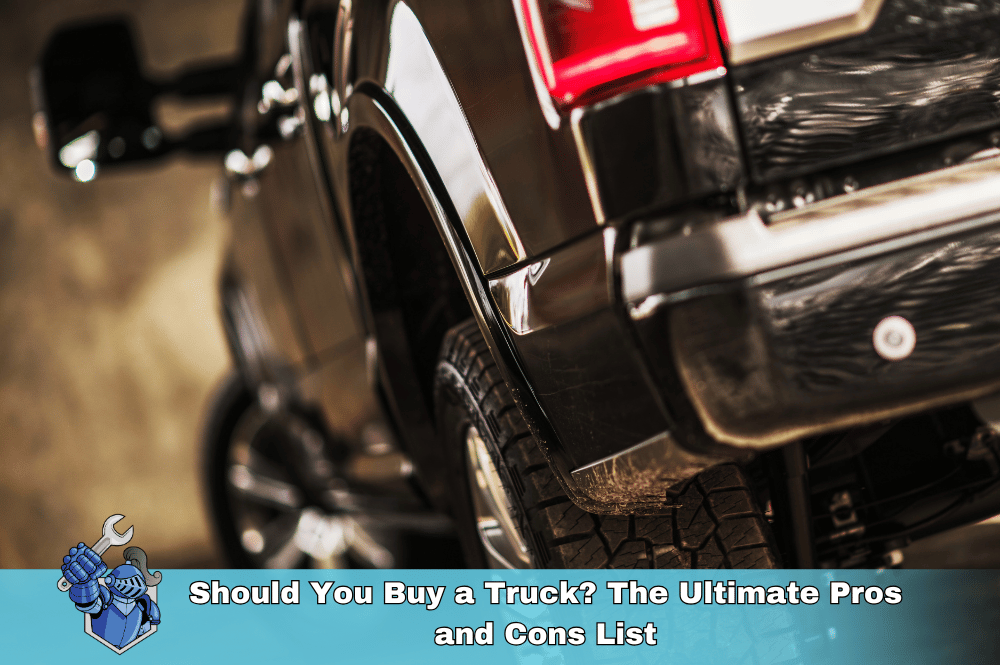
 What is an ASE Certified Mechanic? (And Why Should You Care)
What is an ASE Certified Mechanic? (And Why Should You Care) Rules of the Road: Your Ultimate Guide to Safe Driving
Rules of the Road: Your Ultimate Guide to Safe Driving The Ultimate New Driver's Guide: Everything You Need to Know to Hit the Road with Confidence
The Ultimate New Driver's Guide: Everything You Need to Know to Hit the Road with Confidence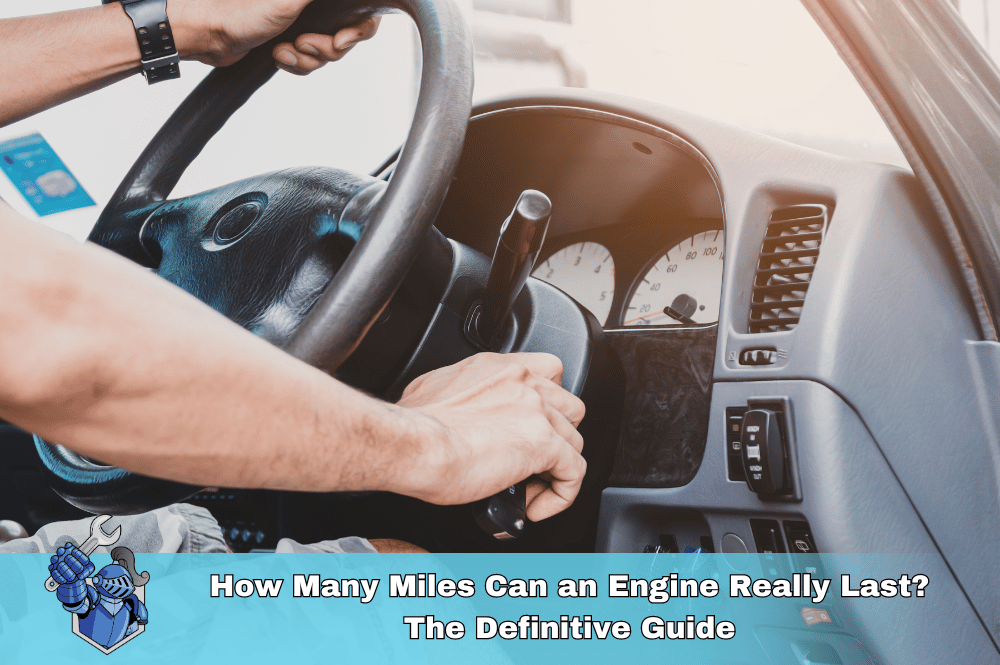 How Many Miles Can an Engine Really Last? The Definitive Guide
How Many Miles Can an Engine Really Last? The Definitive Guide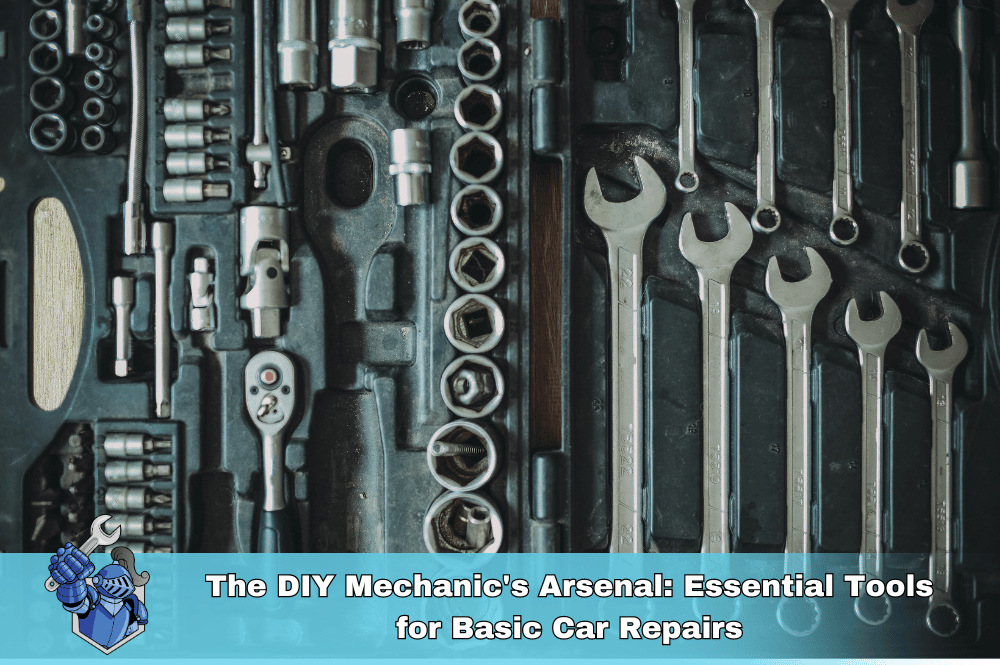 The DIY Mechanic's Arsenal: Essential Tools for Basic Car Repairs
The DIY Mechanic's Arsenal: Essential Tools for Basic Car Repairs How to Choose the Best First Car for Your Teen in 2024: A Parent's Guide
How to Choose the Best First Car for Your Teen in 2024: A Parent's Guide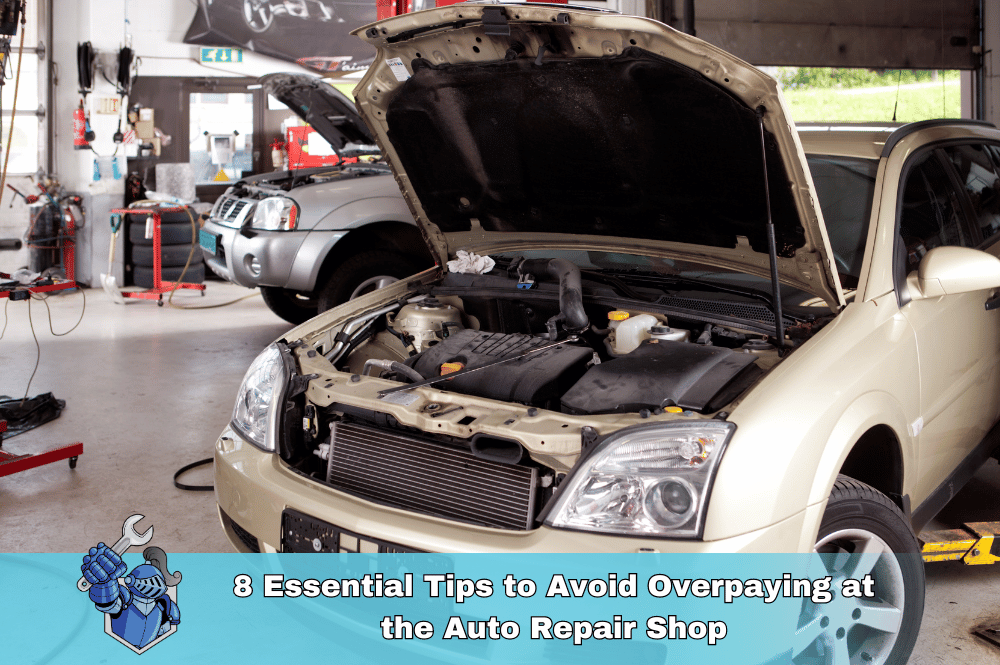 8 Essential Tips to Avoid Overpaying at the Auto Repair Shop
8 Essential Tips to Avoid Overpaying at the Auto Repair Shop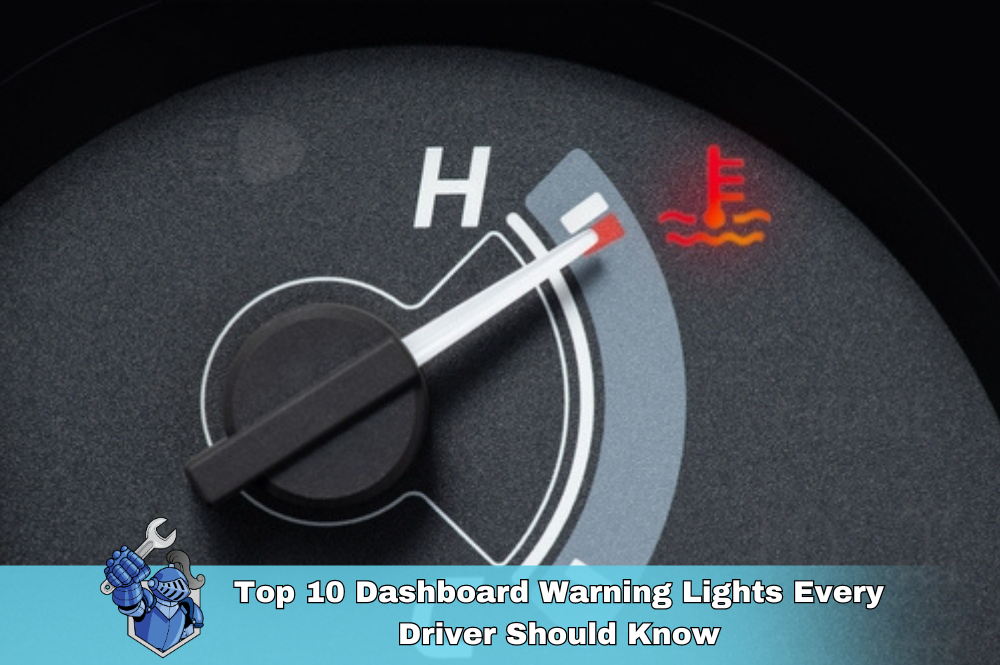 Top 10 Dashboard Warning Lights Every Driver Should Know
Top 10 Dashboard Warning Lights Every Driver Should Know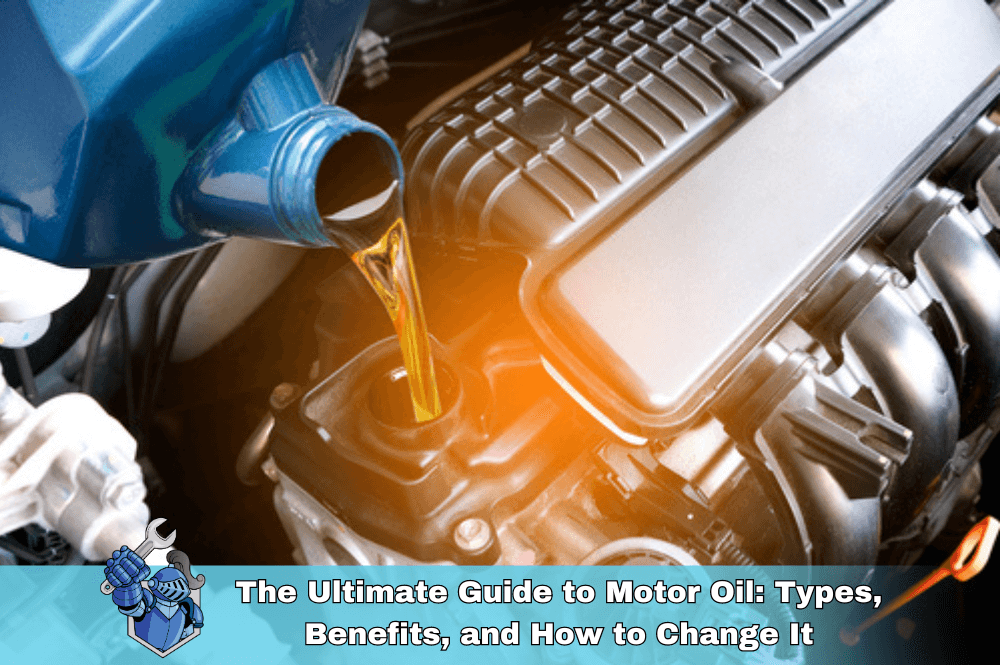 The Ultimate Guide to Motor Oil: Types, Benefits, and How to Change It
The Ultimate Guide to Motor Oil: Types, Benefits, and How to Change It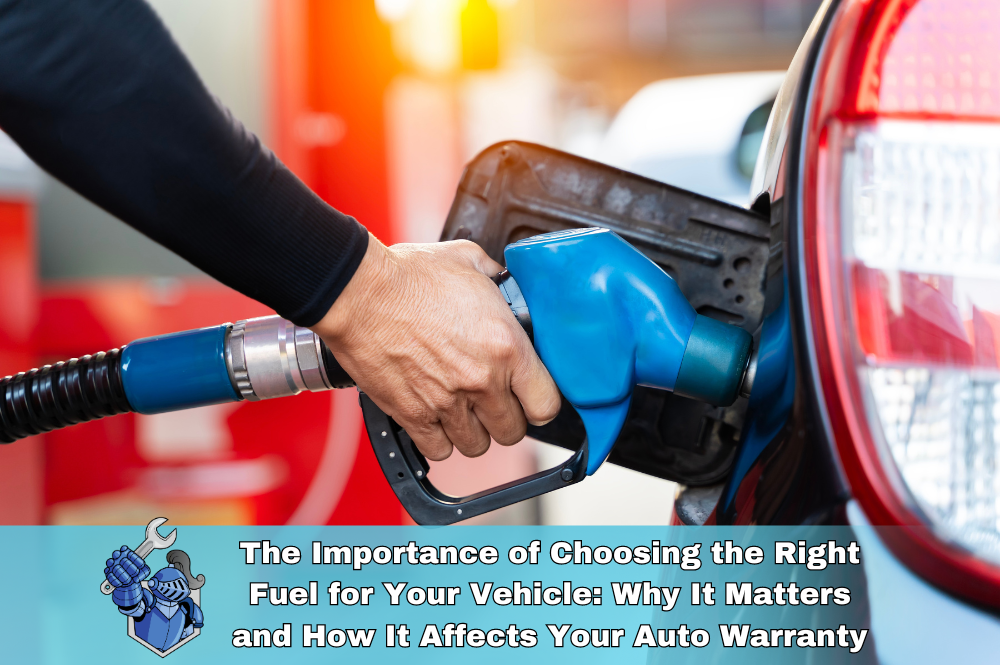 The Importance of Choosing the Right Fuel for Your Vehicle: Why It Matters and How It Affects Your Auto Warranty
The Importance of Choosing the Right Fuel for Your Vehicle: Why It Matters and How It Affects Your Auto Warranty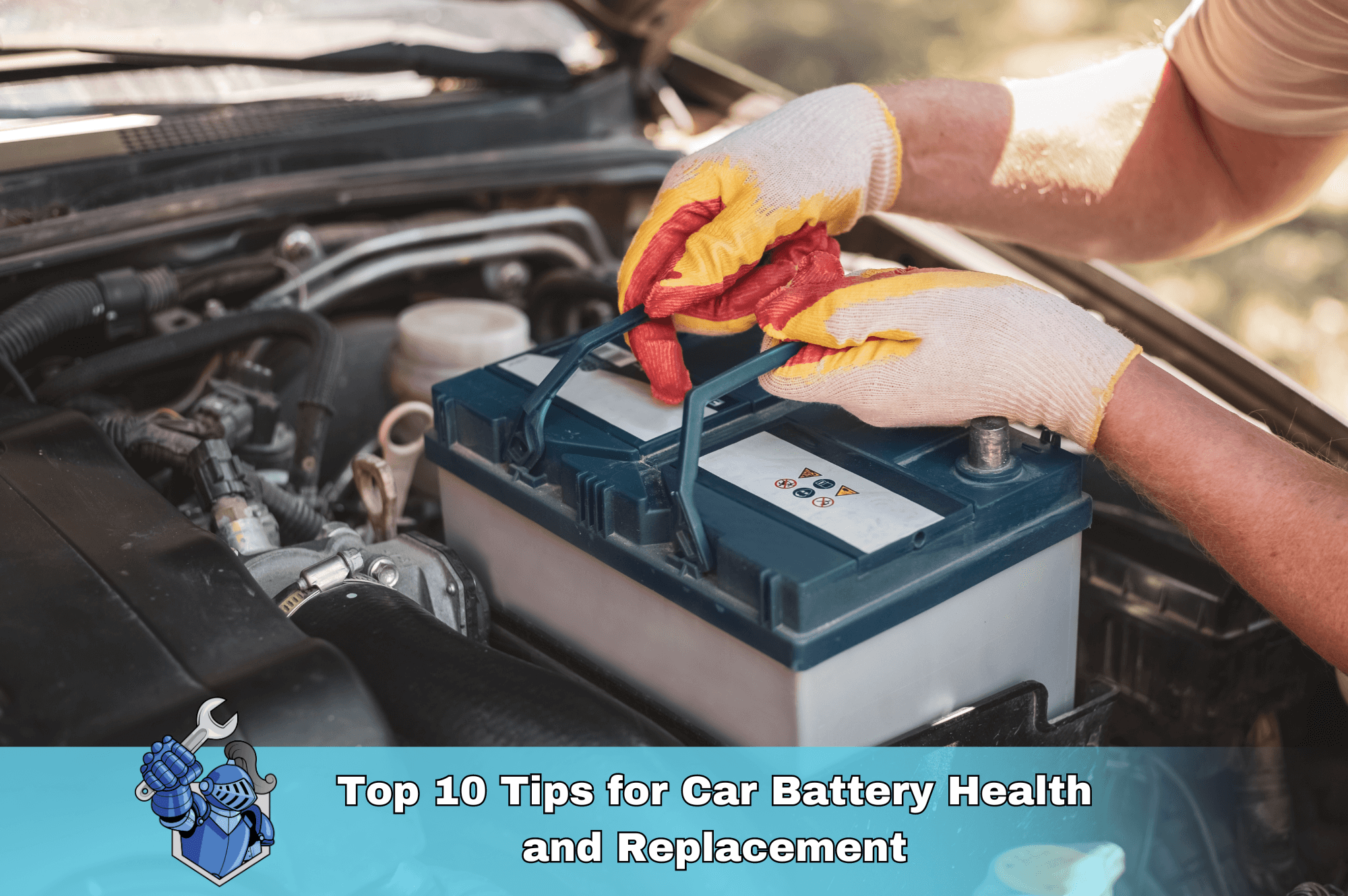 Top 10 Tips for Car Battery Health and Replacement
Top 10 Tips for Car Battery Health and Replacement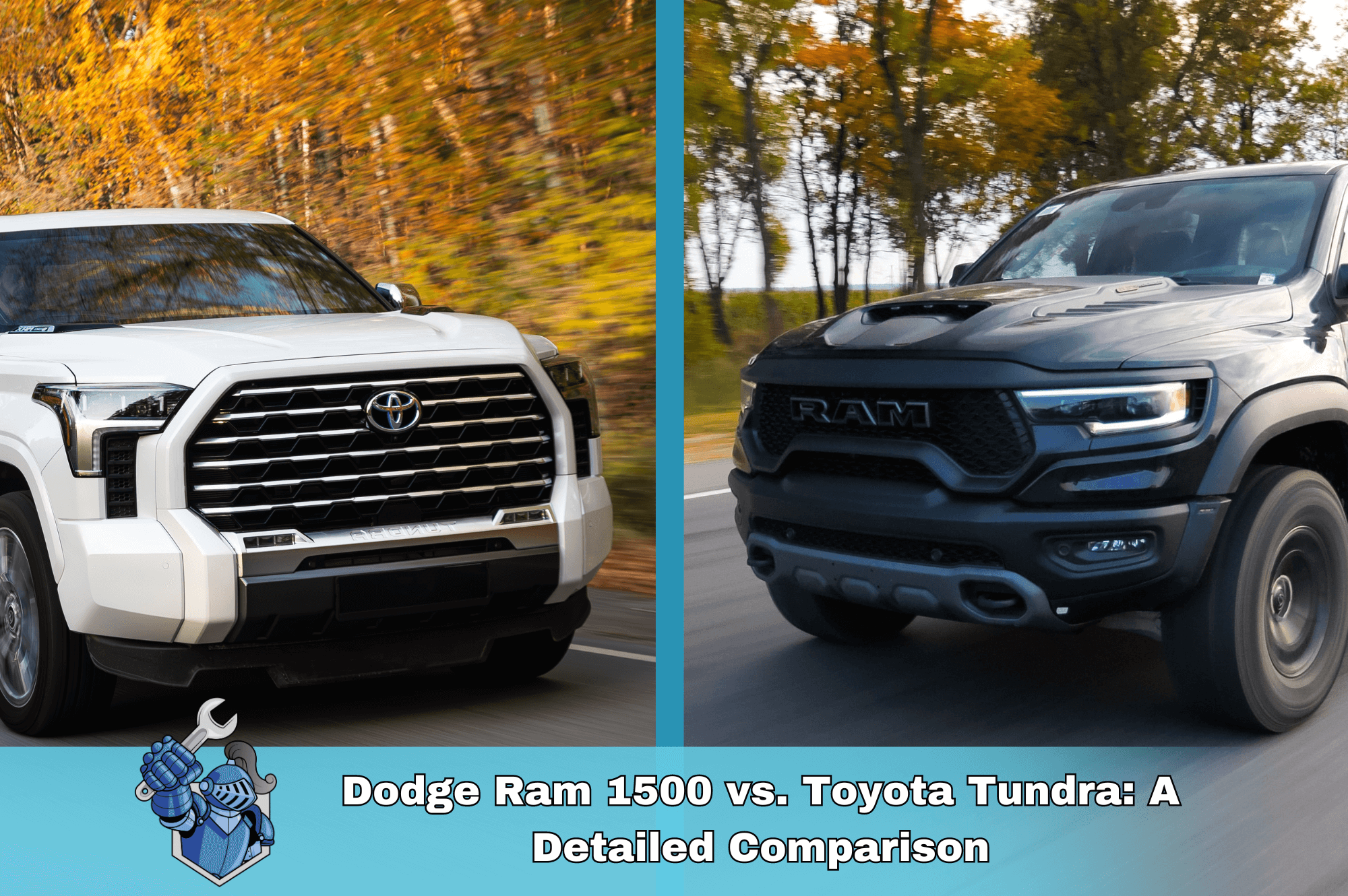 Dodge Ram 1500 vs. Toyota Tundra: A Detailed Comparison
Dodge Ram 1500 vs. Toyota Tundra: A Detailed Comparison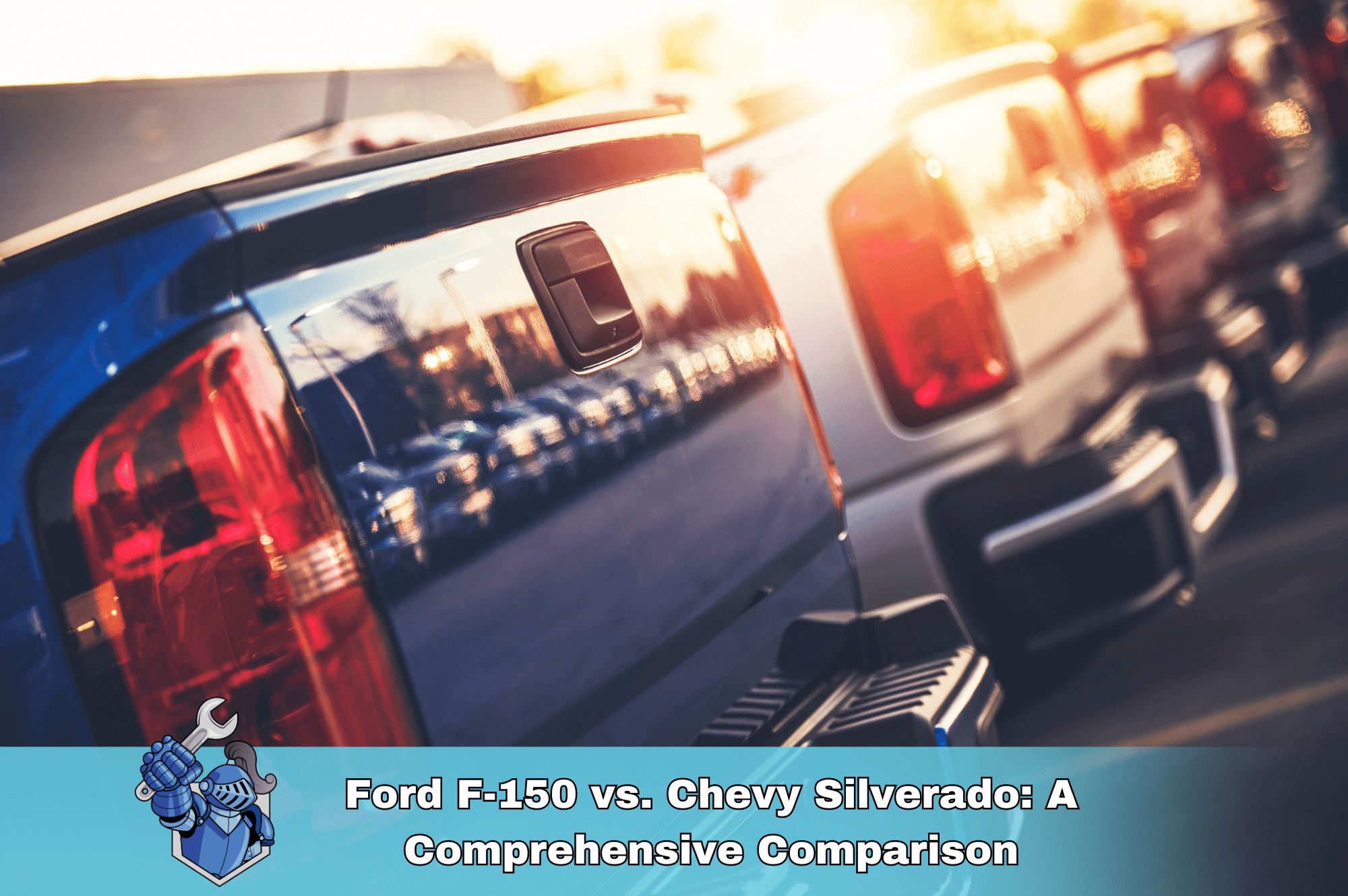 Ford F-150 vs. Chevy Silverado: A Comprehensive Comparison
Ford F-150 vs. Chevy Silverado: A Comprehensive Comparison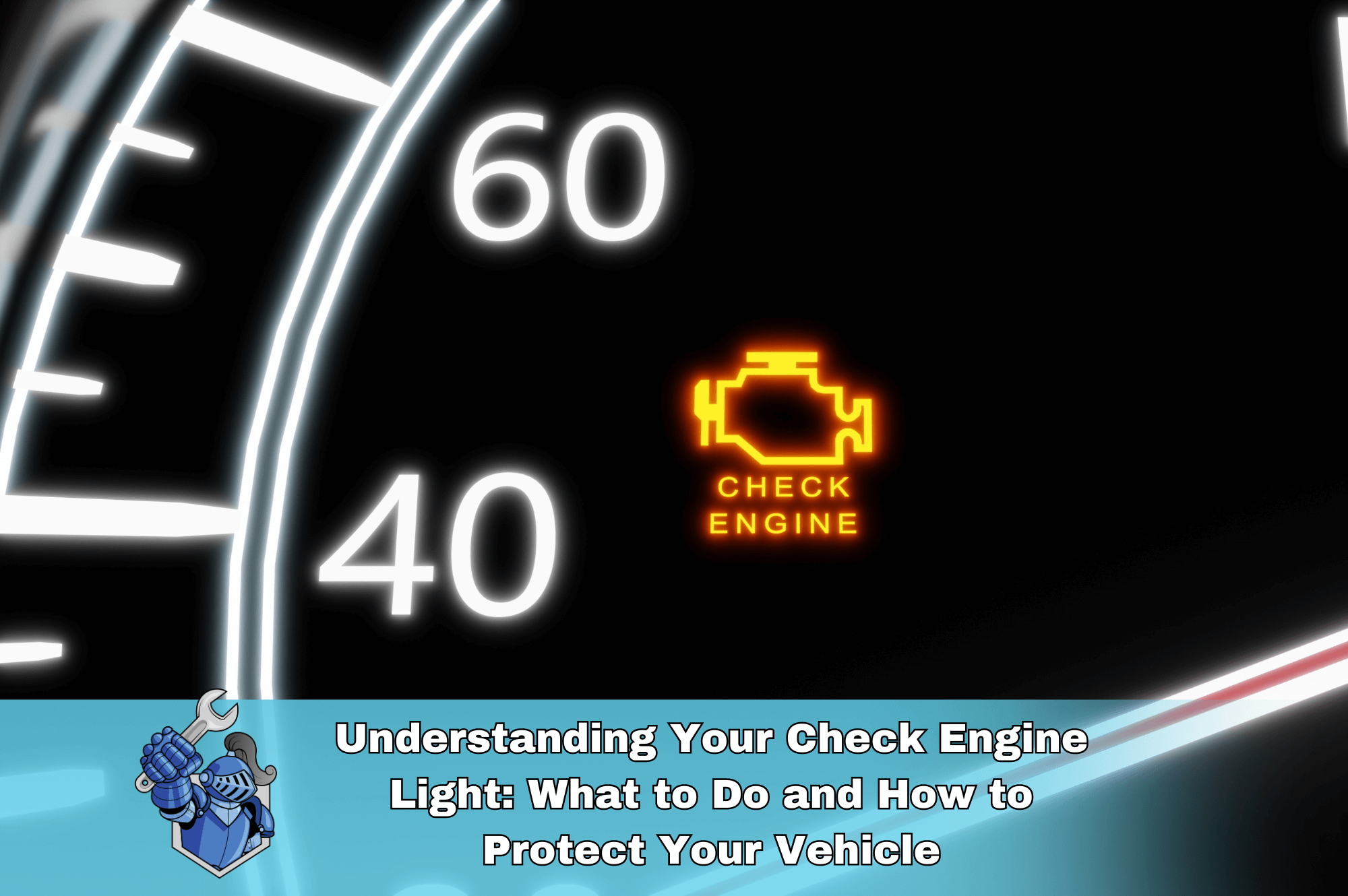 Understanding Your Check Engine Light: What to Do and How to Protect Your Vehicle
Understanding Your Check Engine Light: What to Do and How to Protect Your Vehicle Beat the Heat Essential Tips to Stay Cool and Protected During Hot Summer Days
Beat the Heat Essential Tips to Stay Cool and Protected During Hot Summer Days
